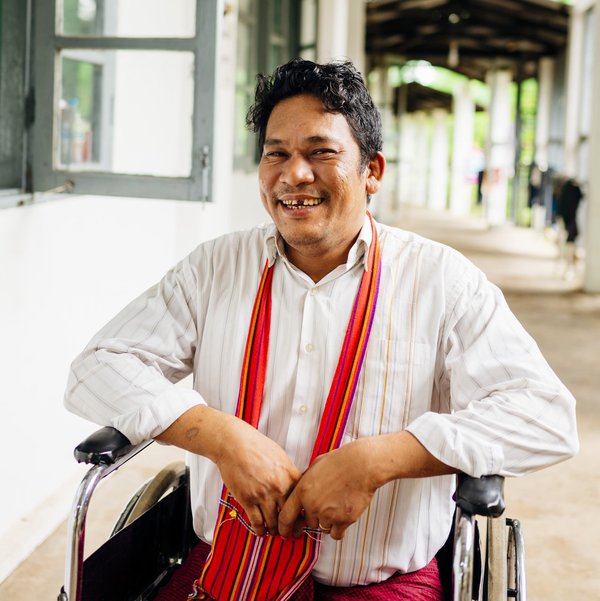Myanmar covers an area around two and a half times the size of the UK and has a population of around 54 million people.
In February 2021 a military coup ousted its civilian Government. There have been long periods of military rule previously and the events of the past year have led to protests and new groups fighting against the Junta. About a third of Myanmar is also under the control of various militias. In addition, thousands of Rohingya people were killed and more than 700,000 fled to Bangladesh following an army crackdown in 2017. These difficult conditions within the country make it harder to find and treat people affected by leprosy.
In 2020 1,877 new cases of leprosy were diagnosed there*, but due to a combination of the political instability combined with Covid-19 outbreaks only 600 new cases of leprosy were identified in 2021.
According to the United Nations, "The people of Myanmar are facing an unprecedented political, socioeconomic, human rights and humanitarian crisis with needs escalating dramatically since the military takeover and a severe COVID-19 third wave. The turmoil is projected to have driven almost half the population into poverty in 2022, wiping out the impressive gains made since 2005. The situation has been worsening and it is now estimated that 14 out of 15 states and regions are within the critical threshold for acute malnutrition".
There are 0.86 doctors per 1,000 people compared to 2.81 per 1,000 in the UK but since the military coup many have joined the movement against the Junta and have not been working, leaving Myanmar without a functioning health care system.
Our work in Myanmar includes hospital services, community partnerships, empowerment, advocacy, research and training.
*The number of new cases of leprosy diagnosed worldwide in 2020 - 127,396 - was severely impacted by Covid-19 (there were 202,488 new cases diagnosed in 2019)
Hospital Services
Established in 1894 following a visit by Leprosy Mission founder Wellesley Bailey, Mawlamyine Christian Leprosy Hospital is currently the only place in Myanmar where people can get leprosy treatment and the only place in the country where reconstructive surgery and pioneering ulcer treatment take place. The current political situation in Myanmar means that government health centres and hospitals are currently not operating and so the services provided at Mawlamyine are even more vital.
Leprosy and disability inclusion
Our work promotes the inclusion of people affected by leprosy in the work of disability organisations as well as working towards greater inclusion in society. This has led to high profile successes such as a new law to safeguard the rights and improve the lives of people with disability in Myanmar being passed by the National Parliament.
We also support a network of Disability Resource Centres across the country. These provide physical rehabilitation through physiotherapy to overcome disabilities, ulcer care and special education as well as counselling and emotional support.
Partnering with faith communities
In a country where the national health and social care infrastructure was very limited outside the major cities and is now virtually non-existent, the church has an important part to play. Fifteen churches have started running Disability Resource Centres. These provide physical rehabilitation through physiotherapy to overcome disabilities, ulcer care and special education as well as counselling and emotional support to people affected by leprosy as well as those with disabilities from other causes.
In the remote and conflict-affected north-east of the country, we’re working with a church-run partner to find new cases of leprosy and raise awareness of the disease, improve safe water supplies and sanitation, provide hydropower to light up villages and set up local schools.
The Leprosy Mission is also providing training to churches and theological colleges so they can help identify new cases of leprosy and work towards greater inclusion of people affected by leprosy or disability in their congregations.
Empowering people affected by leprosy
People affected by leprosy are active members of disabled people’s organisations that represent a wide range of disabilities. However, they felt that they needed a way to address their specific needs and concerns.
So we have supported them to launch their own organisation, MAPAL, to represent people affected by leprosy and advocate for their rights and work alongside the government and other organisations to work towards a more accepting and inclusive society.



